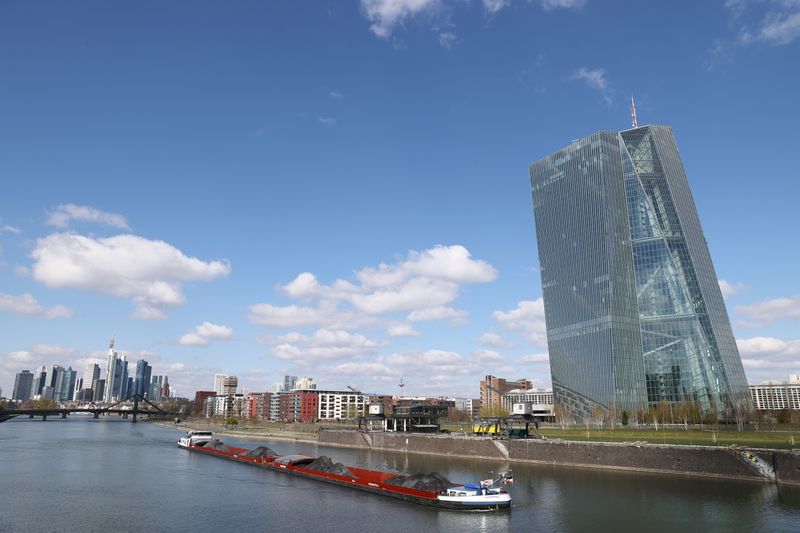By Casey Hall, Lucy Craymer and Mei Mei Chu
SHANGHAI/WELLINGTON (Reuters) – Global food companies from dairy producers to pork exporters are on high alert for potential retaliatory tariffs from China following the European Union’s decision on Wednesday to impose anti-subsidy duties on Chinese-made EVs.
China’s state media have reported that domestic companies are preparing to request investigations into some EU dairy and pork imports over anti-subsidy or anti-dumping concerns, moves that could result in lengthy trade suspensions.
“If you have additional trade barriers it could cause … reshuffling of global markets,” Kimberly Crewther, executive director of representative body Dairy Companies Association of New Zealand.
New Zealand is the world’s largest exporter of dairy products and is also a production base for foreign companies including French dairy producer Danone.
“We always prefer to see situations where trade is stable and certain … Markets don’t like uncertainty,” Crewther added.
The EU was China’s second-largest source of dairy products with at least 36% of the total value of imports in 2023, only behind New Zealand, according to China customs data. Australia was the No.3 exporter.
While it remains unclear which products China could target for retaliation, whey powder, cream and fresh milk were the top export items in the EU’s 1.7 billion euros ($1.8 billion) worth of dairy exports to China last year, according to data from the European Commission’s Directorate-General for Agriculture and Rural Development, which cited Eurostat.
Countries including the Netherlands, France, Germany, Ireland and Denmark have the largest dairy industry exposure to the Chinese market.
The Netherlands, Denmark and France are also major suppliers of pork, though Spain was China’s top supplier last year, making up nearly 23% of China’s total pork imports, followed by Brazil and the United States.
Cristina Alvarado, data and insights commercial manager at New Zealand’s Exchange, said Chinese tariffs or trade barriers against EU dairy could help New Zealand grow its market share even further.
Major New Zealand producers Fonterra and A2 are already doing a roaring trade with China, and both Australia and New Zealand have free trade agreements with China that make their imports duty free.
China imported $848 million worth of dairy products from Australia last year, according to China’s customs data. Its dairy imports from New Zealand reached $5.52 billion in 2023, nearly half the total value of its dairy imports.
OPEN TRADE
As trade tensions between the bloc and China intensify, some European officials have warned against imposing import duties on food products.
EU Agriculture Commissioner Janusz Wojciechowski told Reuters during his visit to China in late April that it was his intention to “avoid as much as possible, that agriculture pays the cost of the problems in other sectors.”
“The European Union position is that the open trade of food is a very important instrument to ensure food security at the global level,” he added.
China has historically held a different position with food products often the target of retaliatory tariffs levied as part of previous trade spats.
In January, brandy was targeted in a probe instigated by Beijing in a move perceived as retaliation for France’s support of the EU investigation into Chinese-made EVs.
China also passed a law in April to strengthen its ability to hit back should the United States or EU impose tariffs on exports from the worlds’ No.2 economy.
Australian wine and barley were targeted in an anti-dumping investigation Beijing instigated following calls from Australia for an independent enquiry into the origins of the COVID-19 virus in 2020. China only recently lifted those prohibitive tariffs.
Beijing also targeted Australian beef and lobsters following separate investigations.
($1 = 1.6292 New Zealand dollars)
Read the full article here


